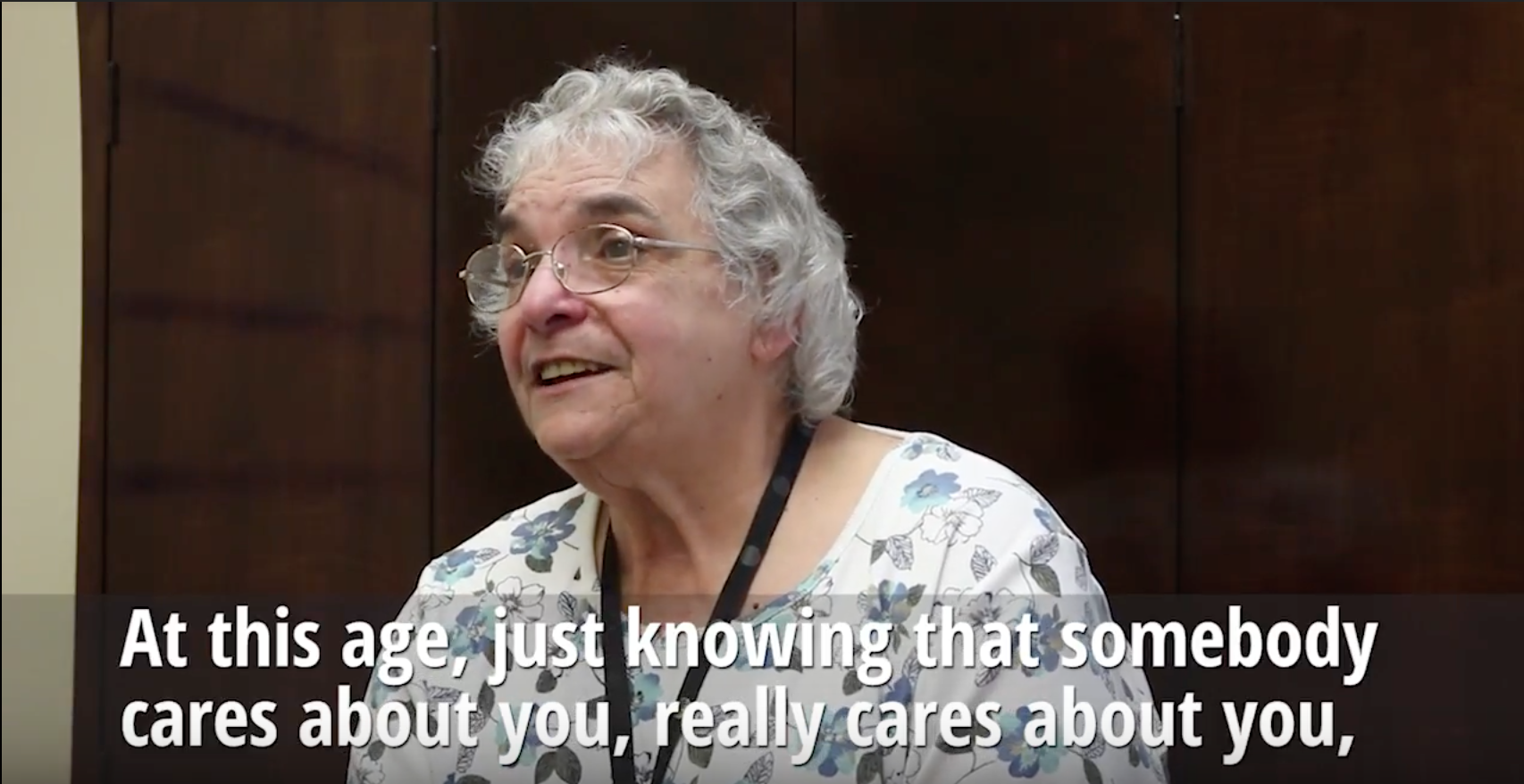Within Rise, our No Boundaries team has partnered with Age Friendly Erie County on the Health Foundation’s Aging By Design program.
Since 2014, our channels have focused heavily on Millenials, as well as some Gen X and Gen Z issues. But as we look toward the future of the region, we can’t deny that Baby Boomers continue to hold quite a lot of influence, an extremely large portion of the region’s wealth, and their experiences and skillsets hold a great deal of value. When considering the next thirty years for Western New York, we must also think about Baby Boomers’ roles within that future. If we fail to create communities, and a society that is accommodating of our parents and grandparents, and they all choose move south for their retirement as a result, then this modest renaissance we’re experiencing will implode dramatically.
We’re embarking on a blog, print and video series that talks to older adults (those who have retired in Western New York). More often than not, the things they want to see in their communities, from grocery delivery, walkable streets, mixed age and income groups in neighborhoods, and affordable housing, are the exact same things our younger generations want in our towns and cities. If we can learn lessons from the challenges older adults are facing today, we can build better neighborhoods and communities for current and future generations (including our own) to retire into.
The first installment takes us to Gowanda, where we spoke with Rose Pulvirenti, a resident in the affordable housing for seniors attached to the Healthy Community Alliance (HCA) organization. It’s important to note that this is not a senior center, nor is it a nursing home. These are senior apartments where people like Rose have retired. Gowanda’s town center is small, yet, without a car, most seniors cannot get to places like the grocery or hardware stores.
We spoke more with Rose about what she saw as opportunities to keep older adults healthy and included in the community. HCA has made it their mission to find ways to create opportunities for socialization and cross-generational communication.
“When we did a project about chronic disease, we spoke with younger people and really came to a realization that we have so much in common. We’re all facing debt, we’re all encountering health issues, we all want the same good things for our families. It’s really easy to think ‘Well, I don’t have anything in common with those old people (or those young people.’ But we really have so much in common, and so much to talk about.”
HCA’s Country Store promotes interaction of the people living in the housing complex, and those from the community who would like to stop in for essentials through the actual grocery shopping to the lunches each day.
What we found through speaking with Rose and HCA is that if the local Shop and Save would just incorporate the same grocery delivery that so many urban and suburban communities closer to Buffalo benefit from, then the older adults in Gowanda would have a wider variety of healthy, fresh food to live off of. A local hardware store delivered to its customers and saw increased sales as a result. Love Inc., described by Rose as “A blessing and God send to Gowanda” is offering rides to those in need for medical purposes. They allow passengers to sit in the front seat, a policy that makes it possible for some mobility impaired riders to utilize the service. Other providers, like Rural Transit out of Brant do not allow front passengers, excluding large groups of men and women requiring the service who cannot get in and out of back seats. Ultimately, the older adults in the region might benefit from a service similar to Uber Eats, or Uber and Lyft for transportation, but it would require someone to remove the need for a smart phone to seek and offer rides, and exchange payment.
Further, many people like Rose still had the ability to walk, and could get to the town center if Gowanda would install more benches along the walk where she could rest before continuing her trip. It’s lessons like these that we’ll be compiling, and sharing with other communities to enact now, to create more livable communities into the future.




